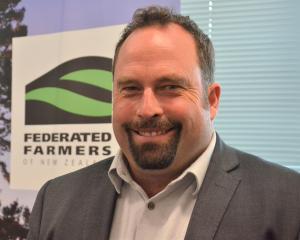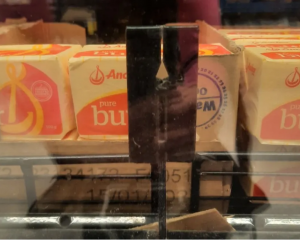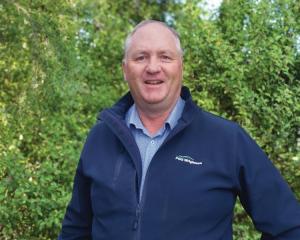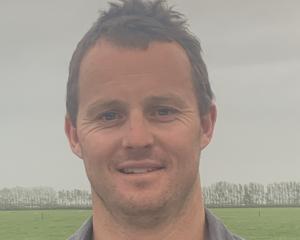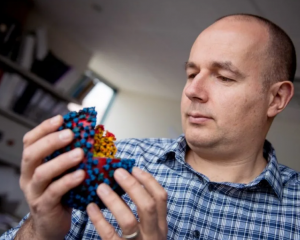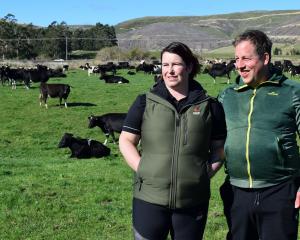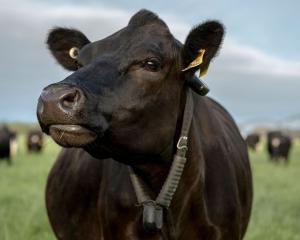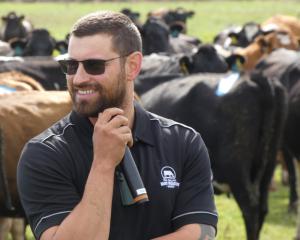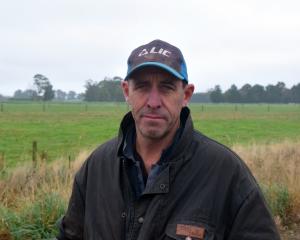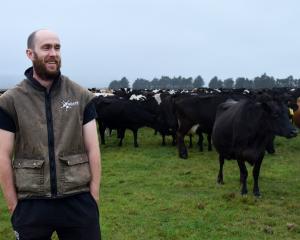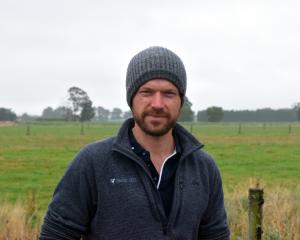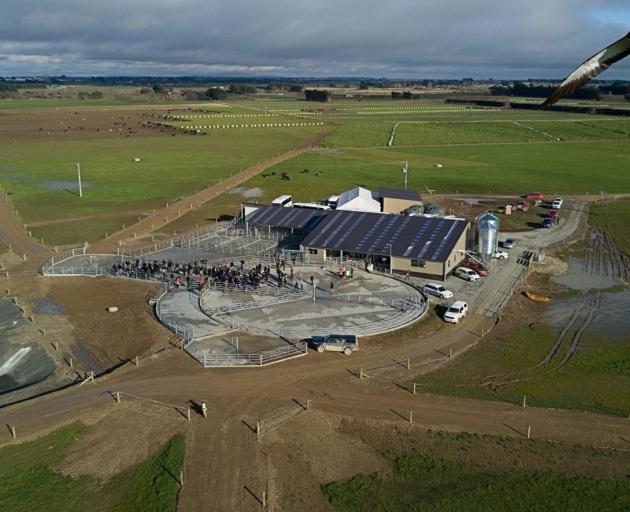
AgResearch senior scientist Mike Dodd, who is leading the research and on the hub’s research advisory committee, said there had been research about carbon concentration levels in farmed soils, but there was no great data on amounts of carbon mass.
"The difference is significant."
A farm could have high concentrations of carbon for reasons including the soils having been compacted, he said.
"This wouldn’t necessarily translate to a farm having high levels of carbon stored in its soils though, so this research is important and timely because farmers are hoping to have carbon storage recognised in future policy setting."
The hub was the ideal place to conduct the research, he said.
AgResearch, DairyNZ and Southern Dairy Development Trust jointly owned the 350ha research facility near Invercargill.
The farm was divided into four units, which were operated using different winter management techniques.
Research would provide data on how much carbon was stored across a variety of soils and farming practices from winter cropped to permanent pasture, he said.
"We want to tease out those farm system effects."
A hydraulic soil coring machine developed by AgResearch scientists had taken samples down to 600mm in 44 paddocks at the hub.

"That will give us the total carbon, and what you might call the ‘working carbon’; the carbon that is moving in and out of the system on a short-term basis compared to the mass that’s the more permanent sink."
Carbon research had traditionally focused on soil organic matter, which contributed to soil health, Dr Dodd said.
More organic matter was better for soils because it contained more ability to supply nutrients, and reduces the effects of compaction.
"There’s been a ton of research done historically on this, but of course with the new interest in mitigating climate change, soil carbon pools are a potential way of doing this."
If the sequestration of carbon from the atmosphere through the plant and into soil could be increased, it was essentially reversing the processes associated with global climate change, he said.
There had been a lot of interest in how pastoral management could enhance that process and the tools needed to build carbon stocks.
"There’s also quite a bit of scepticism around it."
Some of the arguments focus on permanent pastures having the highest carbon stocks of any system, he said.
"Then below that you’ve got forest soils and cropped soils."
There were legitimate questions about the possibility of getting high carbon stocks any higher, he said.
Another question was about the risk of the carbon from permanent pastures being lost.
"So that’s an important thing to know in a New Zealand context."
The research is funded by the Ministry of Business, Innovation and Employment’s Strategic Science Investment Fund.


